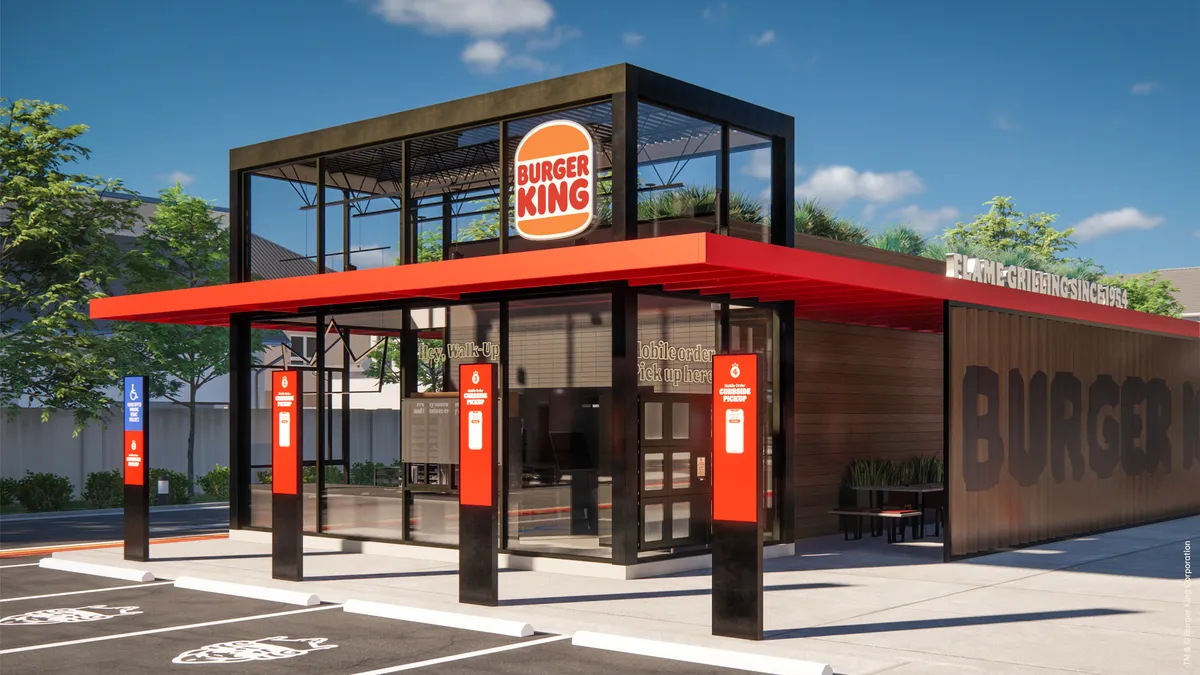Dive Brief:
- A former cashier for a Florida Burger King franchise has been awarded over $2 million by a jury on her claims of disability discrimination (Merard v. Magic Burgers, LLC., No. 6:19-cv-01864 (M.D. Fla., May 4, 2021)).
- The plaintiff was employed by the franchisee, Magic Burger, as a cashier. The plaintiff had a trachea tube because of a car accident that occurred one year before she started working for the defendant. The general manager of the store that hired her was informed of the trachea tube and saw it during the job interview. However, when an executive came to the store, the executive said the plaintiff couldn't continue to work there because of the trachea tube. She sued, claiming violation of the Americans with Disabilities Act and Florida law.
- The plaintiff was awarded $2 million in punitive damages, $15,519 in lost wages and $30,000 for emotional pain and anguish.
Dive Insight:
The ADA is clear that employers must accommodate workers with disabilities in most circumstances. The law requires employers with 15 or more employees to provide reasonable accommodations for employees and job applicants with disabilities unless the employer would suffer an undue hardship as a result.
Undue hardship means that, taking into account the employer's size, financial resources, and the needs of the business, the accommodation would be too difficult or too expensive to provide, the U.S. Equal Employment Opportunity Commission has said in guidance.
Experts recommend employers engage in an interactive process to identify possible solutions after an employee requests an accommodation. Because the ADA does not require that accommodation requests be in writing or that specific language be used, experts have suggested that employers develop a system that helps managers and supervisors recognize accommodation requests.
Accommodations don't have to be expensive or elaborate, they can take many forms. There are simple and low-cost reasonable accommodations such as a chair for an employee with a back problem or a nearby container of orange juice for a worker with diabetes. In other instances, reasonable accommodations can include something more complex such as modifying a workplace policy because of an employee's disability or additional leave beyond what is already provided.
If the employer can't fulfill the initial request, then employers should counter with their own suggestion of a reasonable accommodation, thus avoiding a common employer mistake in the interactive process.
After the accommodation has been put into place, supervisors or managers should follow up to make sure that it is working. If not, a new accommodation should be instituted, David K. Fram, the director of ADA and EEO services for the National Employment Law Institute, has said.
Not engaging in the interactive process isn't a per se violation of federal law, but it can serve as evidence of discrimination, experts have said.













